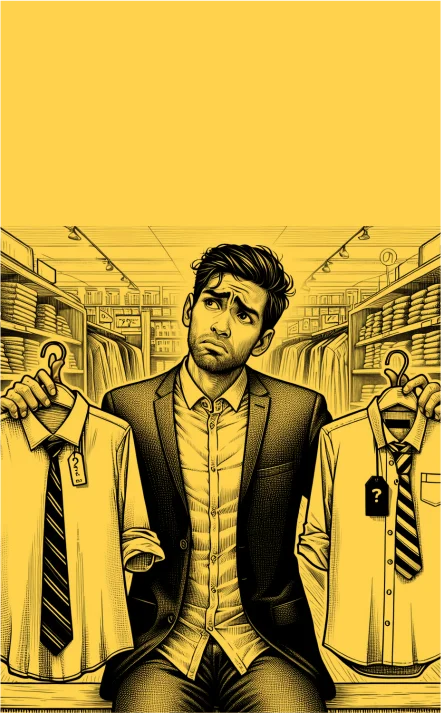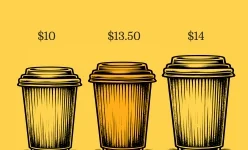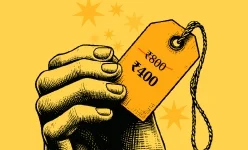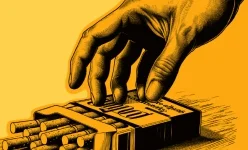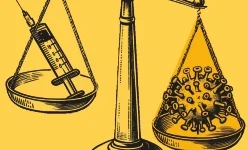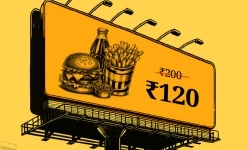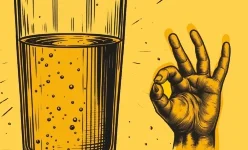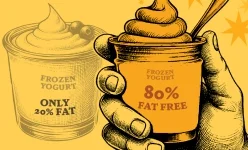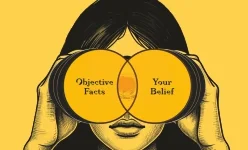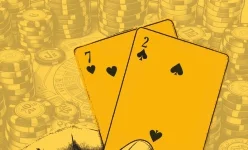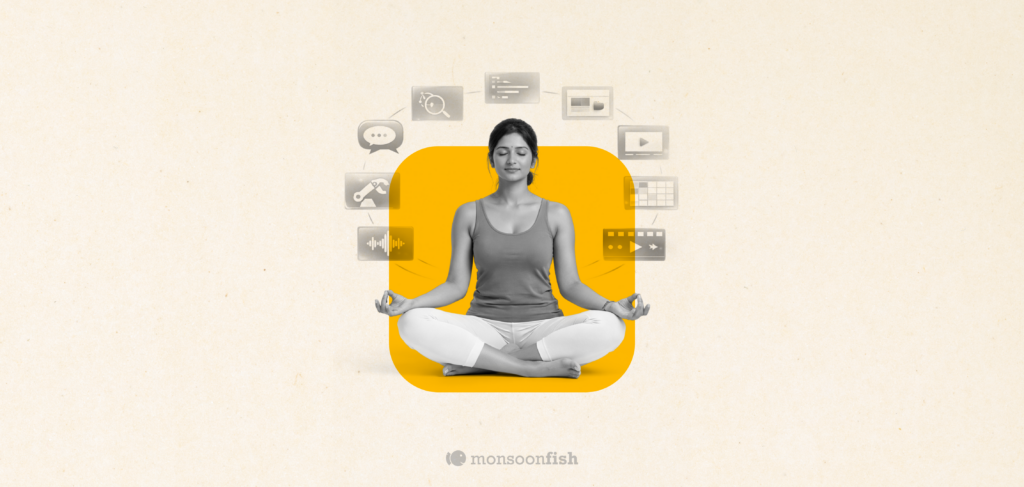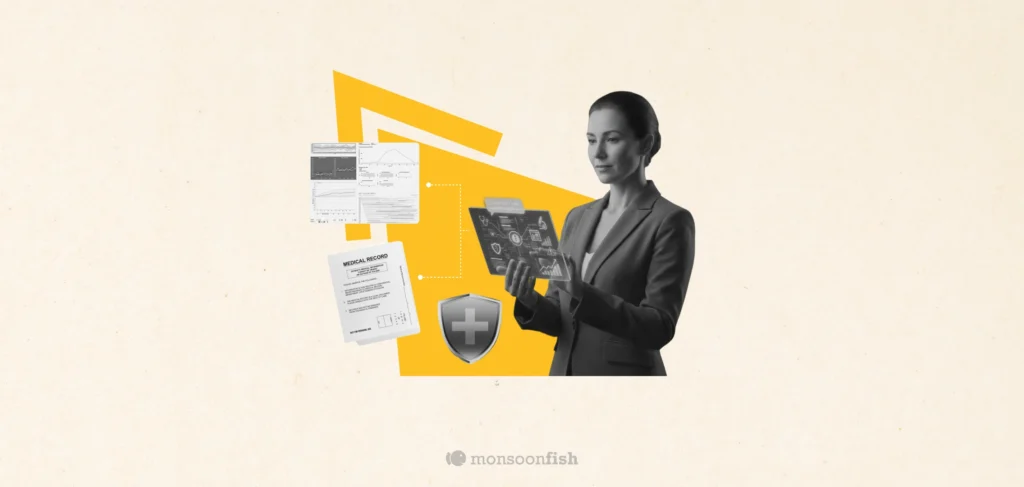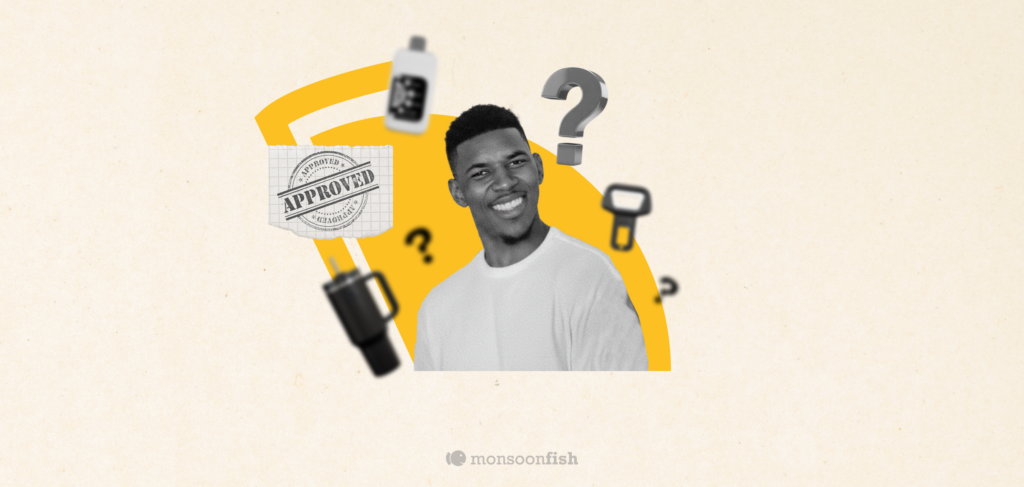Saurabh had been a regular at his local coffee shop for years. Every morning, he’d stop by for his daily cup of coffee before heading to work. One Wednesday, as he walked in, the barista greeted him with a new promotion: two limited-edition blends, each brewed from a special single-origin coffee. The only problem? Saurabh couldn’t decide which one to try.
One blend, “Sunrise Gold,” was described as fruity and sweet, with hints of citrus and honey. The other, “Midnight Brew,” was rich and robust, with a smoky undertone and a hint of chocolate. Both sounded amazing to Saurabh, but now that he had to choose, he found himself fixating on the tiniest details.
He stood in front of the menu, mentally comparing the two options. “Sunrise Gold” might be a bit too sweet, he thought. But “Midnight Brew” could be too strong for today’s mood. He worried about how the citrus notes might clash with the morning’s toast. Yet, both blends had received excellent reviews, and both were made with high-quality beans. Still, he couldn’t let go of the idea that one was slightly better than the other.
Minutes ticked by as he examined every subtle difference. Finally, after agonizing over his decision, Saurabh picked the “Sunrise Gold” blend, but left the counter with lingering doubt. Did he make the right choice? What if the other blend had been better?
This is the Compromise Effect, where we overvalue minor differences between almost identical options. Saurabh got so caught up in distinguishing between the two blends that he overlooked the fact that both options were similar in quality and would have provided a satisfying experience. By overemphasizing the small differences, he made a simple decision unnecessarily complicated.

